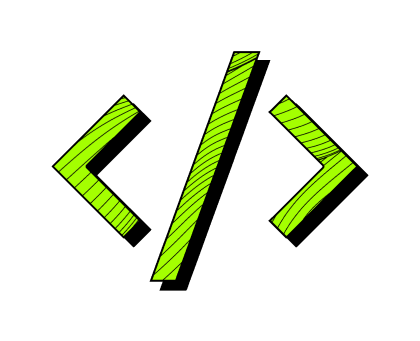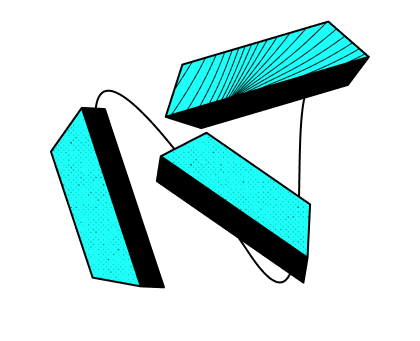
Shardeum is an EVM-compatible blockchain platform that leverages dynamic state sharding to achieve linear scalability. This innovative approach allows us to consistently offer low transaction fees and high throughput, effectively addressing key barriers to blockchain adoption.
Our commitment to the Ethereum Virtual Machine (EVM) ensures compatibility with a wide range of existing applications and developer tools, facilitating an easy transition for projects and developers looking to benefit from Shardeum’s infrastructure.
Besides boosting your engineering reputation, here are additional benefits for contributors:

We offer weekly office hours and a dedicated Channel on Discord to help you learn about open source

Shardeum will issue you a contributor badge for your LinkedIn profile to boost your professional reputation

We share our contributor of the month in a cool graphic across our social channels to further give your profile some social authority and recognition

We issue exclusive roles to Contributors on Discord that give you access to more Channels, events, and permissions


We believe that everyone in the world is a team member of Shardeum. We think of Shardeum as we do the open internet. It is not owned by anyone, it is owned by everyone and participation is open to everyone. In keeping with this principle, we have maintained open communications, ideations, decisions, documentations on pretty much everything we do.

Our approach is rooted in the belief that collective efforts lead to the most innovative solutions and advancements. By eliminating the concept of competition, we aim to foster an ecosystem where every participant, whether an individual developer, a start-up, or even a competing blockchain platform, is viewed as a potential collaborator.

We envision a blockchain where the community doesn’t just use the technology but actively shapes its evolution. We aim to enforce a governance model that reflects this belief, providing mechanisms for community members to propose, debate, and vote on changes to the platform. We’re committed to transparency and open communication, ensuring that the community is well-informed and engaged at every stage of Shardeum’s development.

We are opening up all of our projects, from the Shardeum website all the way to our global server. This is in accordance with our commitment to building the future of Shardeum with our community. You can find all the Shardeum Projects available on our Github Account, all fitted with well documented READMEs, and contributing guides.
To ensure that Shardeum is community owned, and will continue to be so in the future, we’re following the standards of the Apache Software Foundation. As one of the oldest open source organizations, its decades of experience have created a framework that ensures fair and community owned processes & responsibilities.
A user is someone who uses our software. They contribute to Shardeum projects by providing valuable feedback, report bugs, and contributes to the community in various ways
A developer/contributor is a user who contributes to a project in the form of code or documentation. Contributors actively participate in the development process by submitting code, documentation, or other enhancements
Committers are contributors who have earned the trust of the community through their consistent contributions to the project. They have direct write access to the repository and can merge code changes

A PMC member is a committer who has write access to the code repository, an shardeum.org mail address, the right to vote on community-related decisions and the right to propose other active contributors for committership.

The PMC oversees the strategic direction and governance of the project. They are responsible for decision-making, ensuring community health, and promoting growth. The PMC as a whole is the entity that controls the project, nobody else.
As a community project we care deeply about enabling developers to join in developing Shardeum and its related projects, build new skills and add features you believe Shardeum should have. As such we’re always willing to help you get started, and mentor you on your journey of learning the project and making useful contributions.
There is good work to do for everyone with whatever skillset you have, and it doesn’t have to be code. We also welcome help with documentation, design, project organization, organizing meetups and promoting the project.
We maintain a list of starter issues that are a great way to get up to speed as a new contributor. You can search for “great starter issue” label in our issue tracker to see what’s currently available by clicking the below button.




